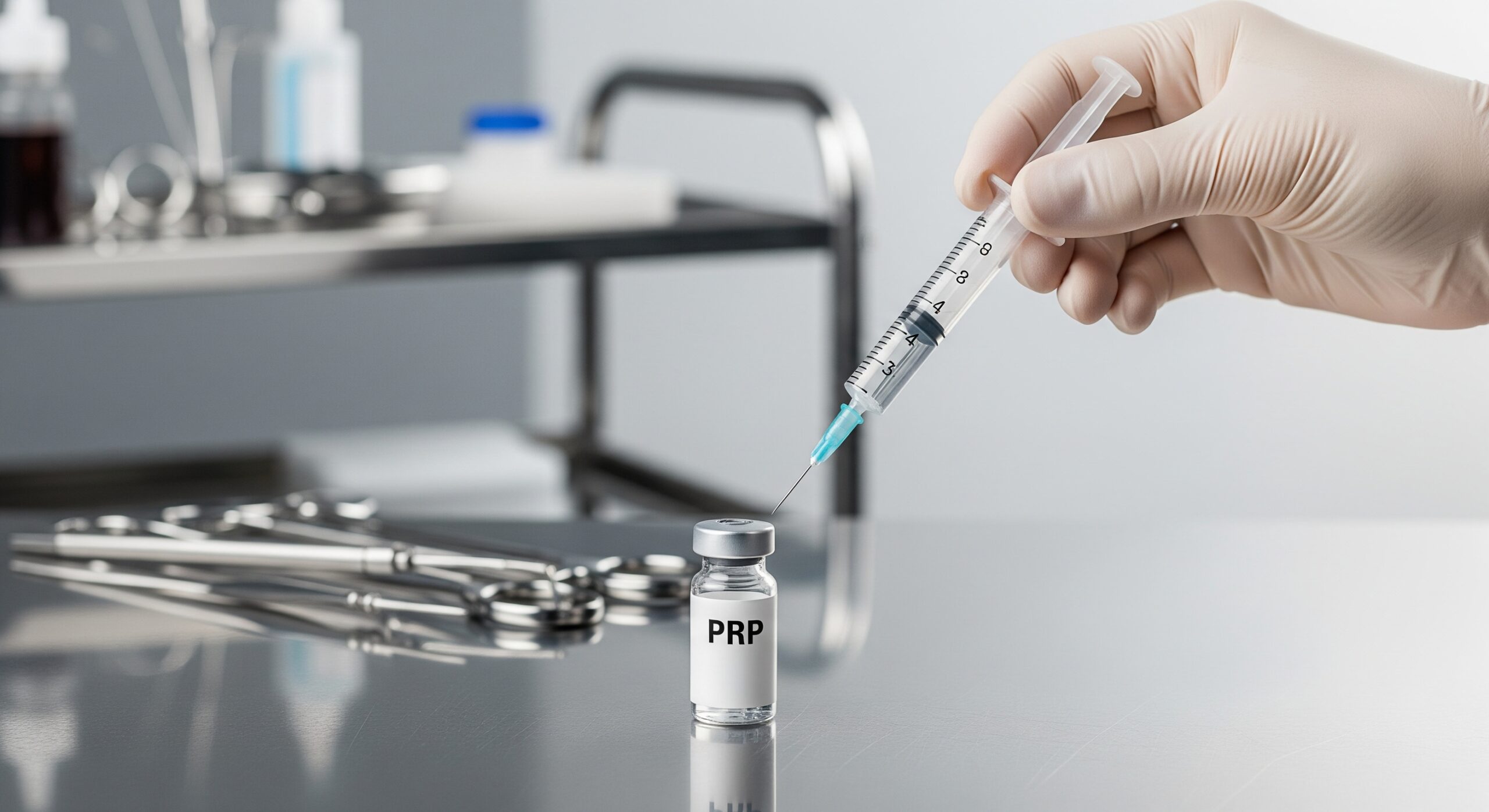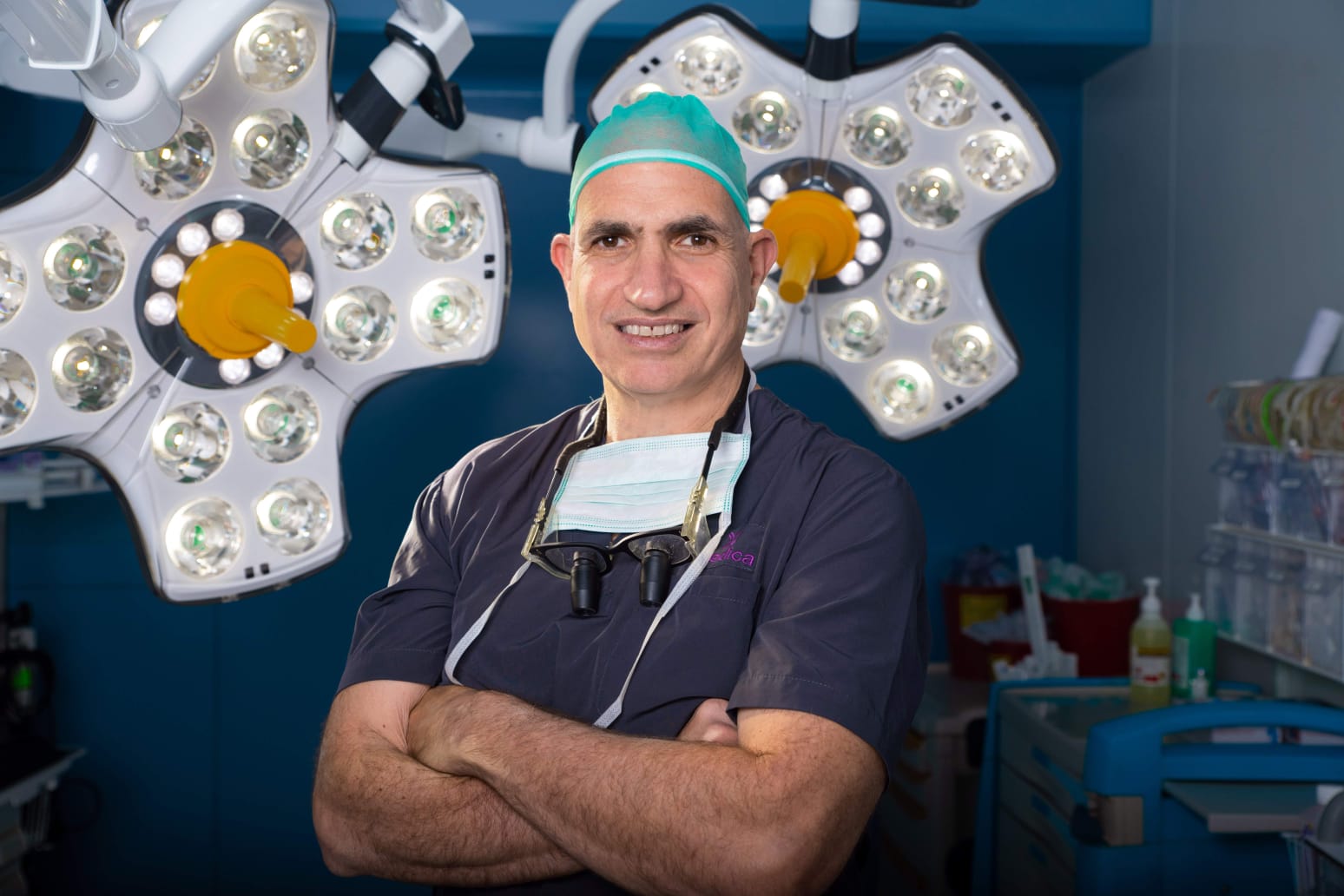Erectile dysfunction (ED) affects millions of men, but thanks to medical advancements, treatment options are now more effective and personalized than ever. If you’ve tried the usual pills without much success or want something beyond short-term fixes, you might be wondering: What is the latest treatment for erectile dysfunction?
From cutting-edge therapies like shockwave treatment and PRP (Platelet-Rich Plasma) injections to advanced medications and minimally invasive procedures, there are new solutions that address the root causes, not just the symptoms. In this article, we’ll explore the latest ED treatments, how they work, and who they’re best suited for.
Understanding Erectile Dysfunction
Erectile Dysfunction (ED) is a common condition where a man struggles to achieve or maintain an erection suitable for sexual intercourse. It affects millions worldwide, with prevalence increasing with age. However, it’s not just an issue for older men; younger individuals can also experience ED due to various factors.
- Affects approximately 30 million men in the United States.
- Prevalence increases with age, affecting up to 40% of men over 40.
- It can occur in younger men due to lifestyle factors or psychological issues.
Common Causes of ED
ED can result from a variety of causes, including physical, psychological, and lifestyle factors. Physical causes often involve blood flow issues, nerve damage, or hormonal imbalances. Psychological factors such as stress, anxiety, and depression can also contribute significantly.
- Physical causes: cardiovascular disease, diabetes, obesity.
- Psychological causes: stress, anxiety, depression.
- Lifestyle factors: smoking, alcohol consumption, lack of exercise.
Impact on Quality of Life
Erectile Dysfunction can significantly impact a man’s quality of life, affecting self-esteem, relationships, and overall mental health. It can lead to stress, anxiety, and depression, further exacerbating the condition.
- Affects self-esteem and confidence.
- Can strain relationships and lead to emotional distress.
- May contribute to mental health issues like depression and anxiety.
What is the Latest Treatment for Erectile Dysfunction?
Low-Intensity Extracorporeal Shockwave Therapy (Li-ESWT)
Li-ESWT is a non-invasive treatment that uses sound waves to improve blood flow to the penis, promoting the growth of new blood vessels. This therapy has shown promising results in improving erectile function without the need for medication.
- Non-invasive and painless procedure.
- Promotes angiogenesis, improving blood flow.
- Suitable for men who do not respond to traditional treatments.
Platelet-Rich Plasma (PRP) Therapy
PRP therapy involves injecting concentrated platelets from the patient’s blood into the penis. This treatment aims to stimulate tissue regeneration and improve blood flow, potentially enhancing erectile function.
- Uses the patient’s own blood, reducing risk of adverse reactions.
- Stimulates tissue regeneration and repair.
- May improve erectile function and sensitivity.
Regenerative Medicine Approaches
Regenerative medicine focuses on repairing or replacing damaged tissues and organs. In the context of ED, this involves using stem cells and other biological materials to restore erectile function.
- Utilizes stem cells to regenerate damaged tissues.
- Potential to provide long-term solutions for ED.
- Still under research, but shows promising results.
Current Standard Treatments for ED
Oral Medications (PDE5 Inhibitors)
PDE5 inhibitors, such as Viagra and Cialis, are the most common treatments for ED. They work by increasing blood flow to the penis, helping to achieve and maintain an erection.
- Effective for many men with ED.
- Requires sexual stimulation to work.
- Possible side effects include headaches and flushing.
Injectable Therapies
Injectable therapies involve injecting medication directly into the penis to induce an erection. These treatments can be effective for men who do not respond to oral medications.
- Provides a reliable erection within minutes.
- Can be used in combination with other treatments.
- May cause discomfort or bruising at the injection site.
Vacuum Erection Devices
Vacuum erection devices use a pump to create a vacuum around the penis, drawing blood into the organ and causing an erection. A constriction ring is then applied to maintain the erection.
- Non-invasive and drug-free option.
- Can be used in conjunction with other treatments.
- May cause bruising or discomfort.
Emerging Therapies for Erectile Dysfunction
Shockwave Therapy
Shockwave therapy is an emerging treatment that uses acoustic waves to improve blood flow and stimulate tissue regeneration in the penis. It offers a non-invasive alternative to traditional treatments.
- Non-invasive and painless.
- Promotes blood vessel growth and repair.
- Suitable for men who do not respond to medication.
Stem Cell Treatment
Stem cell treatment involves injecting stem cells into the penis to regenerate damaged tissues and improve erectile function. This innovative approach is still under research but shows potential for long-term benefits.
- Promotes tissue regeneration and repair.
- Potential for long-term improvement in erectile function.
- Still in experimental stages, requiring further research.
Gene Therapy
Gene therapy aims to treat ED by altering or replacing defective genes responsible for the condition. This cutting-edge approach is still in the experimental phase but holds promise for future treatments.
- Targets the root cause of ED at the genetic level.
- Potential for long-lasting results.
- Requires further research and clinical trials.
Advancements in Penile Implants
Inflatable Implants
Inflatable implants consist of fluid-filled cylinders placed in the penis, allowing for a natural-looking erection. These implants can be inflated and deflated as needed, providing flexibility and control.
- Provides a natural-looking erection.
- Allows for control over erection firmness.
- Requires surgical implantation.
Malleable Implants
Malleable implants are semi-rigid rods inserted into the penis, allowing for manual adjustment of the erection. They are a simpler alternative to inflatable implants but offer less flexibility.
- Simple and reliable option.
- No mechanical parts, reducing risk of malfunction.
- Less natural appearance compared to inflatable implants.
Smart Implants with Remote Control
Smart implants are a new development in penile prosthetics, featuring remote control capabilities for easier operation. These advanced devices offer greater convenience and discretion for users.
- Remote control for easy operation.
- Discreet and convenient for users.
- Still in development, with limited availability.
Holistic Approaches to ED Management
Lifestyle Modifications
Lifestyle changes can have a significant impact on erectile function. Improving diet, increasing physical activity, and reducing stress can all contribute to better sexual health.
- Healthy diet and regular exercise improve blood flow.
- Reducing stress and quitting smoking can enhance erectile function.
- Consistent lifestyle changes can lead to long-term improvements.
Psychological Interventions
Addressing psychological factors is crucial in managing ED. Therapy and counseling can help men overcome anxiety, depression, and relationship issues that may contribute to the condition.
- Therapy can address underlying psychological issues.
- Couples counseling can improve relationship dynamics.
- Reduces anxiety and stress related to sexual performance.
Complementary Therapies
Complementary therapies, such as acupuncture and herbal supplements, may offer additional support for men with ED. While not a replacement for medical treatment, they can be used alongside traditional therapies.
- Acupuncture may improve blood flow and reduce stress.
- Herbal supplements can support overall sexual health.
- Should be used in conjunction with medical treatments.
Final Thoughts
Erectile Dysfunction is a complex condition with various causes and treatment options. The latest treatments, such as Li-ESWT and PRP therapy, offer promising alternatives to traditional methods. As research continues, new therapies and technologies will likely emerge, providing even more effective solutions for men with ED. It’s essential for individuals to consult with healthcare professionals to determine the most suitable treatment plan for their specific needs.
Frequently Asked Questions
What is the most effective treatment for erectile dysfunction?
The most effective treatment for erectile dysfunction varies depending on the individual. Oral medications like PDE5 inhibitors are commonly effective for many men. However, newer treatments like Li-ESWT and PRP therapy offer promising results for those who do not respond to traditional methods.
Are there any new drugs for erectile dysfunction?
Yes, researchers are developing new drugs for erectile dysfunction that aim to improve efficacy and reduce side effects. These promising drug candidates are currently undergoing clinical trials and may soon offer additional options for men with ED.
Can erectile dysfunction be cured permanently?
While some cases of erectile dysfunction can be resolved with treatment, a permanent cure depends on the underlying cause. Lifestyle changes, therapy, and medical treatments can significantly improve symptoms, but ongoing management may be necessary for some individuals.
How long does it take for erectile dysfunction treatment to work?
The time it takes for erectile dysfunction treatment to work varies depending on the method used. Oral medications typically take effect within 30 to 60 minutes, while other treatments like Li-ESWT may require several sessions over weeks to see improvement.


